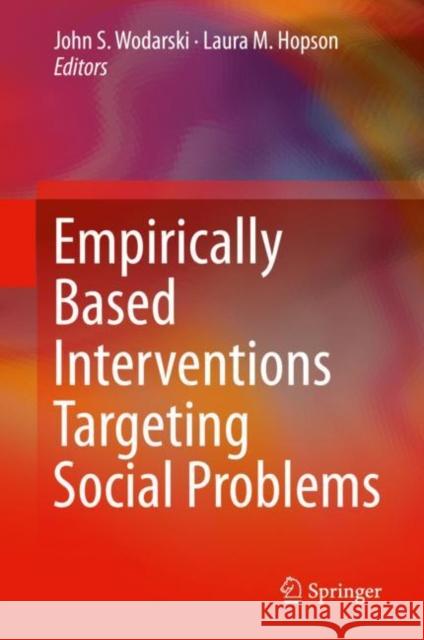Empirically Based Interventions Targeting Social Problems » książka
topmenu
Empirically Based Interventions Targeting Social Problems
ISBN-13: 9783030284862 / Angielski / Twarda / 2019 / 296 str.
Empirically Based Interventions Targeting Social Problems
ISBN-13: 9783030284862 / Angielski / Twarda / 2019 / 296 str.
cena 301,89
(netto: 287,51 VAT: 5%)
Najniższa cena z 30 dni: 289,13
(netto: 287,51 VAT: 5%)
Najniższa cena z 30 dni: 289,13
Termin realizacji zamówienia:
ok. 16-18 dni roboczych.
ok. 16-18 dni roboczych.
Darmowa dostawa!
Kategorie:
Kategorie BISAC:
Wydawca:
Springer
Język:
Angielski
ISBN-13:
9783030284862
Rok wydania:
2019
Wydanie:
2019
Ilość stron:
296
Waga:
0.60 kg
Wymiary:
23.39 x 15.6 x 1.91
Oprawa:
Twarda
Wolumenów:
01
Dodatkowe informacje:
Wydanie ilustrowane











